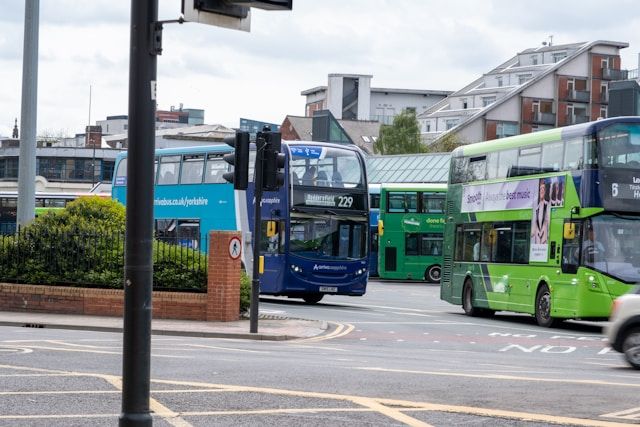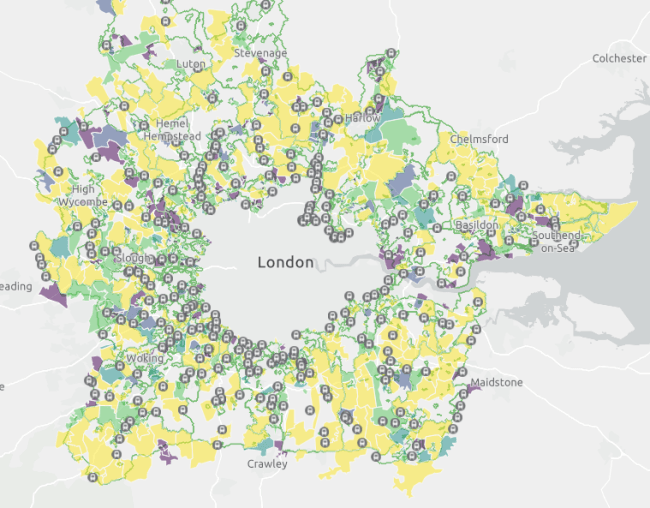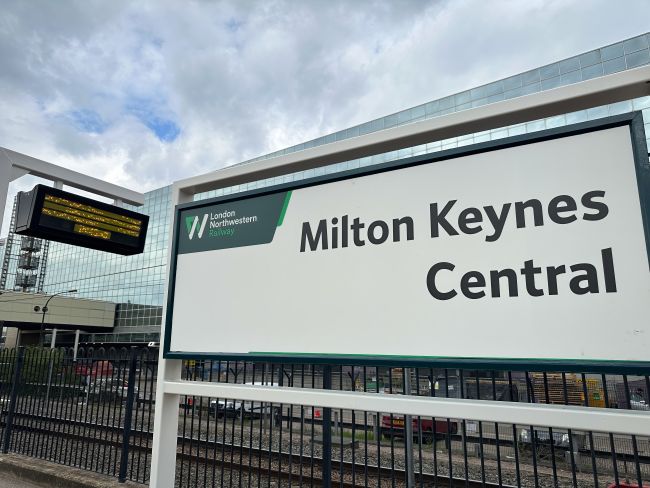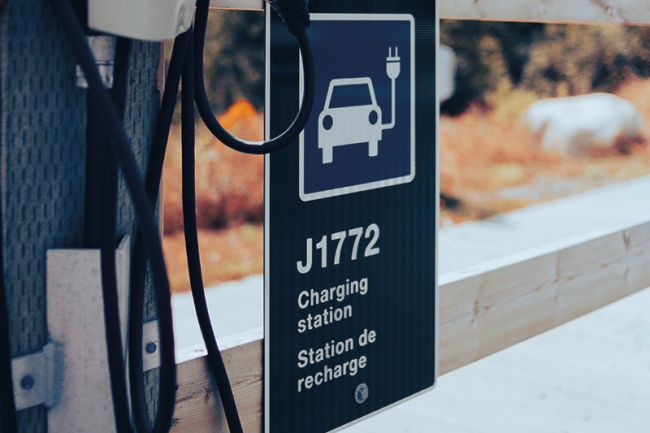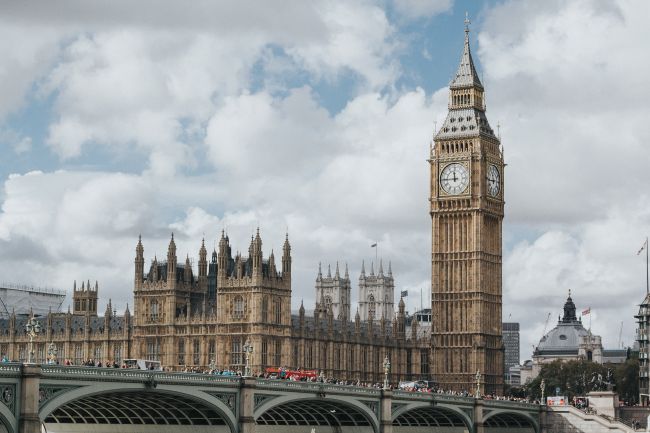What can the Local Area Energy Plans learn from two decades of Local Transport Planning
Do local authorities hold the key to Net Zero in the UK?

Do local authorities hold the key to Net Zero in the UK?
The UK’s Net Zero by 2050 target has been enshrined in law, but this national target may need localised solutions. The UK Government itself has identified that local authorities have influence over 45 key policy areas that could shape the pathway to Net Zero with the scope to impact 82% of UK emissions.
Given the wide diversity of geography, economy and infrastructure (among other factors) across the UK, a bottom-up approach, rather than a top-down reorganisation, may well be a better way to achieve our sustainable future.
What is Local Area Energy Planning?
Local Area Energy Planning (LAEP) is a voluntary process that local authorities can partake in. It is a way to deliver Net Zero in a tailored fashion through a data-driven approach that brings together transport, industry, energy supply, homes, businesses and the environment.
LAEP aims to create a pathway to Net Zero that is tailored to local strengths and will help local areas decarbonise in an affordable manner. This process has already proved successful in Greater Manchester Combined Authority which has identified opportunities for 4.5 gigawatts of renewable solar energy, 190,000 internal combustion engine (ICE) vehicles that can be replaced with EVs and 8000 homes than can be connected to low-carbon heat networks.
Steer: Bringing our experience to bear on LAEPs
LAEPs may be new, but the methodology for creating them is something Steer has vast experience with, after 20 years of creating the UK’s Local Transport Plans (LTPs).
Mapping supply and demand has always been at the core of transport planning, and since the Transport Act 2000, Steer has helped to shape LTPs across the UK in local authorities like West Northamptonshire and devolved combined authorities like South Yorkshire.
Steer is already deploying our LTP expertise in partnership with Amberside Advisors to support a number of public and private entities to formulate LAEPs. As the transport and energy sectors become more and more intertwined, we are the perfect team to deliver fruitful outcomes for commercially viable projects.
Six key LTP lessons that can make LAEPs a success
Vision-led planning: All successful LTPs are built on a clear vision for the future. Whether it’s a city centre plan with a focus on placemaking or a scheme for regional connectivity and economic growth, the key is to leverage LTPs to paint a wider picture of what is to come for a local area.
LAEPs will need to clearly think through their vision in terms of energy. Where do we want to be in terms of energy production, consumption and efficiency, and how do we get there? A unifying vision, based on the strengths and realistically assessed weaknesses of an area, is essential.
Stakeholder and public engagement: A clear winner in the LTP process is stakeholder and public engagement. This process brings on-the-ground truth about transport issues and priorities that would not have emerged from expert planning methods alone. Centralising the voices of residents and businesses has been vital in ensuring the success of travel demand measures in terms of their effectiveness and value for money.
LAEPs should not underestimate the value of behaviour change, and the central role that public engagement has in this, on bringing local residents, businesses and institutions along on the transition to Net Zero.
Closing the knowledge gap: Successful LTPs are always rooted in good data collection and monitoring processes. Key challenges such as declining bus ridership, safety concerns and high levels of congestion need to be quantified using quantitative and qualitative analyses to understand their impacts.
LAEPs will need to do the same and this process can be time, effort and resource consuming. However, with a clear focus of where the knowledge gaps are, significant progress can be made in a short time. From the start imperfect data at a very granular level can be used for the area level planning exercise, building up to a more detailed picture once projects have been identified and feasibility, scoping and technical studies are completed.
Exploring new funding pathways: The LTP process has highlighted a large funding gap between what is required, and what was available through both central and local government channels and there has been little exploration of avenues for leveraging private funding.
InnovateUK has estimated that £25 - £50 billion of development capital will be needed for local Net Zero projects over the next 25 years, and LAEPs will by definition require private funding sources to be identified and utilised. The focus of LAEPs will be on commercial viability both from public and private sources of funding, the key question (which will vary for each local area) will be who funds this investment, taxpayers or energy users?
Realistic ambitions: Some LTPs generate a long wish list of locally attractive but commercially unviable schemes (metro projects, large greenfield bypasses), LAEPs need to avoid getting into similar traps of chasing ideas which are technologically attractive (large carbon capture, blue hydrogen) but economically imprudent.
Urgency and pace of deployment will require key LAEP projects to get started quickly, while ensuring institutional framework and feedback mechanisms are in place to learn from experimentation. We must focus on ‘no-regret’ options first, and then build out a portfolio of projects that draw on learning and experimentation.
Avoid overreliance on modelling: Some of the larger (and well-funded) local authorities have spent significant resources on developing detailed transport models to support their LTPs, in part driven by DfT guidance. While these models certainly justify large investments, overreliance often gives them undue precedence when planning. If the model isn’t designed to deal with a particular transport solution then the LTP doesn’t include that solution in their proposed plans.
LAEPs should seek to avoid similar traps, models and tools are helpful but not as important as solutions that have been built on bottom-up thinking.
In 20 years of shaping LTPs across the UK, Steer has learned invaluable lessons on creating a shared vision, avoiding pitfalls, seizing opportunities and delivering affordable solutions. In the new LAEP era, which will see transport and energy brought under the same umbrella, we can adapt these lessons to create locally tailored Net Zero pathways in every corner of the UK.




